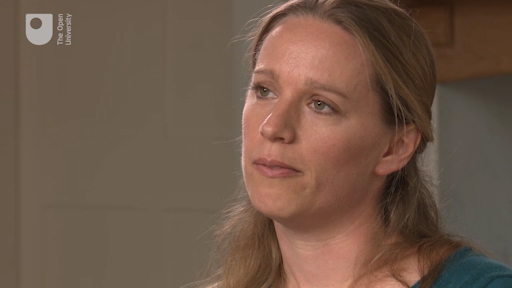1.2 Contrasting views on acceptance
More able autistic individuals may be more likely to oppose the idea that the differences which make them who they are, need to be removed. And some may even reject the need for any form of help to address their challenges. Parents of more severely affected children, who face profound challenges and difficulties for themselves and their family, are more likely to seek help, and perhaps even to pursue recovery. However, this differentiation is not always correct. The journalist Charlotte Moore, who has two children with a severe form of autism, wrote:
I hope I was never looking for a cure; now, I’m sure I’m not. I want Sam to stop scattering his food and biting his hands, but I don’t dream of a neurotypical Sam with the usual emotional and intellectual range of a boy of 11, because no such Sam could possibly exist.
Charlotte prefers to accept her sons’ autism as a different way of being, while acknowledging that there are challenges which it would be desirable to overcome.
Arabella, mother of Iris Grace, expresses her views in this clip.

